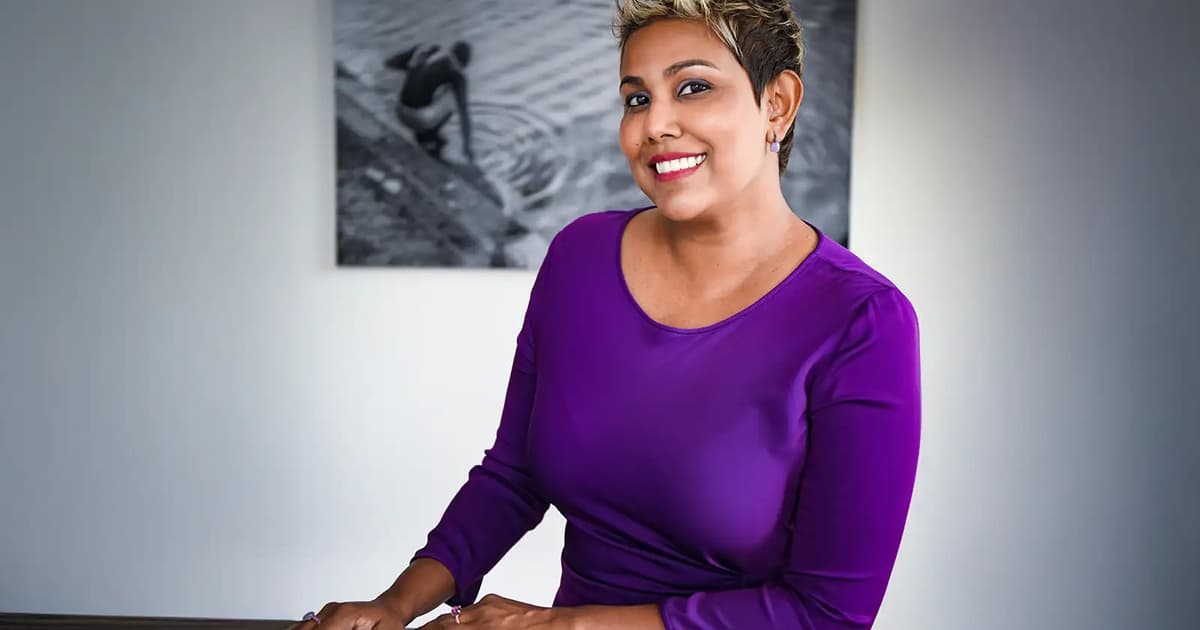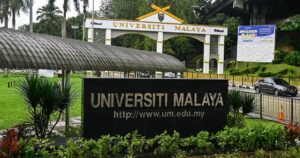
At 28, Uma Thana Balasingam packed her bags, left her job at IBM Malaysia and crossed the Causeway on a journey that put her at the head of billion-dollar tech businesses across Asia-Pacific.
Nineteen years later, the Johor Bahru-raised woman has become a Singapore citizen, and is now building her own companies.
Uma’s journey is a story echoed by hundreds of thousands of Malaysians leaving home, for Singapore and other countries, in search of opportunity, safety and dignity.
“There were push and pull factors. When I applied for Universiti Malaya, there was a racial quota system. I always wondered what would happen if racial constraints were not a factor,” she told FMT. She said she chose to do computer science, the last choice of five available course options.

That was the first push. The second was money. “When I was in IBM Malaysia in 2006, I was earning over RM5,000 a month. Then I received an offer to move to Singapore, for S$10,000 (then about RM23,380) a month. Obviously, that mattered,” she said. IBM counter offered with RM7,000 but it was no match for the offer in Singapore.
Safety was another push. Uma recalled being robbed in Bangsar in the early 2000s, when a motorcyclist snatched her handbag as she left her car. “I was almost dragged on the pavement. As a single female, safety was a consideration,” she said.
More than anything, however, Singapore gave Uma the environment to dream bigger. She said her decision to leave was not about rejecting Malaysia, but about testing herself in one of the most competitive cities in the world.
“I wanted to be the brown girl from JB who made it,” she said, recalling her journey from her corporate days in a corner office overseeing 800 people across 48 markets to her current role as founder, speaker and advocate for women in the workplace.
Uma is one of thousands of talented Malaysians who have left the country. In April, digital minister Gobind Singh Deo said Malaysia is facing a critical brain drain problem with 1.86 million Malaysians having left the country over the past 50 years.
He said these 1.86 million Malaysians represent 5.6% of the population, higher than the global average of 3.6%.
Focus on brain connections
Uma said two and a half years ago, the Singapore government offered her citizenship, which she ignored as she felt there was no reason to renounce her Malaysian citizenship.
However, she subsequently bit the bullet and changed her passport for the better healthcare and senior care available to her in her later years. “My heart is still Malaysian,” she said.
Uma saud the brain drain problem was not about how to prevent Malaysians from leaving, but how to keep the doors open for them to return.
“We should stop thinking of brain drain, and focus on brain circulation,” she said. Malaysia could look at how Singapore taps into the skill pool of their citizens abroad.
“They are always proactively reaching out, building communities and finding ways to bring citizens abroad back to contribute (while still being in their new adopted countries),” she said.
Uma said she wanted to uplift five million working women, at least one million of them from Malaysia, through Elevate Group, a group of companies founded for this purpose.
“There’s so much for us to give from startups and techs, because we naturally want to see other Malaysians rise with us,” she said.
Despite her citizenship switch in June, Uma’s emotional bond with Malaysia remains. She recalled meeting Malaysians in Singapore, from cleaners to CEOs, who felt the same way. “They came here for opportunity and dignity. But we find an immediate affinity the moment I say I am Malaysian.”






